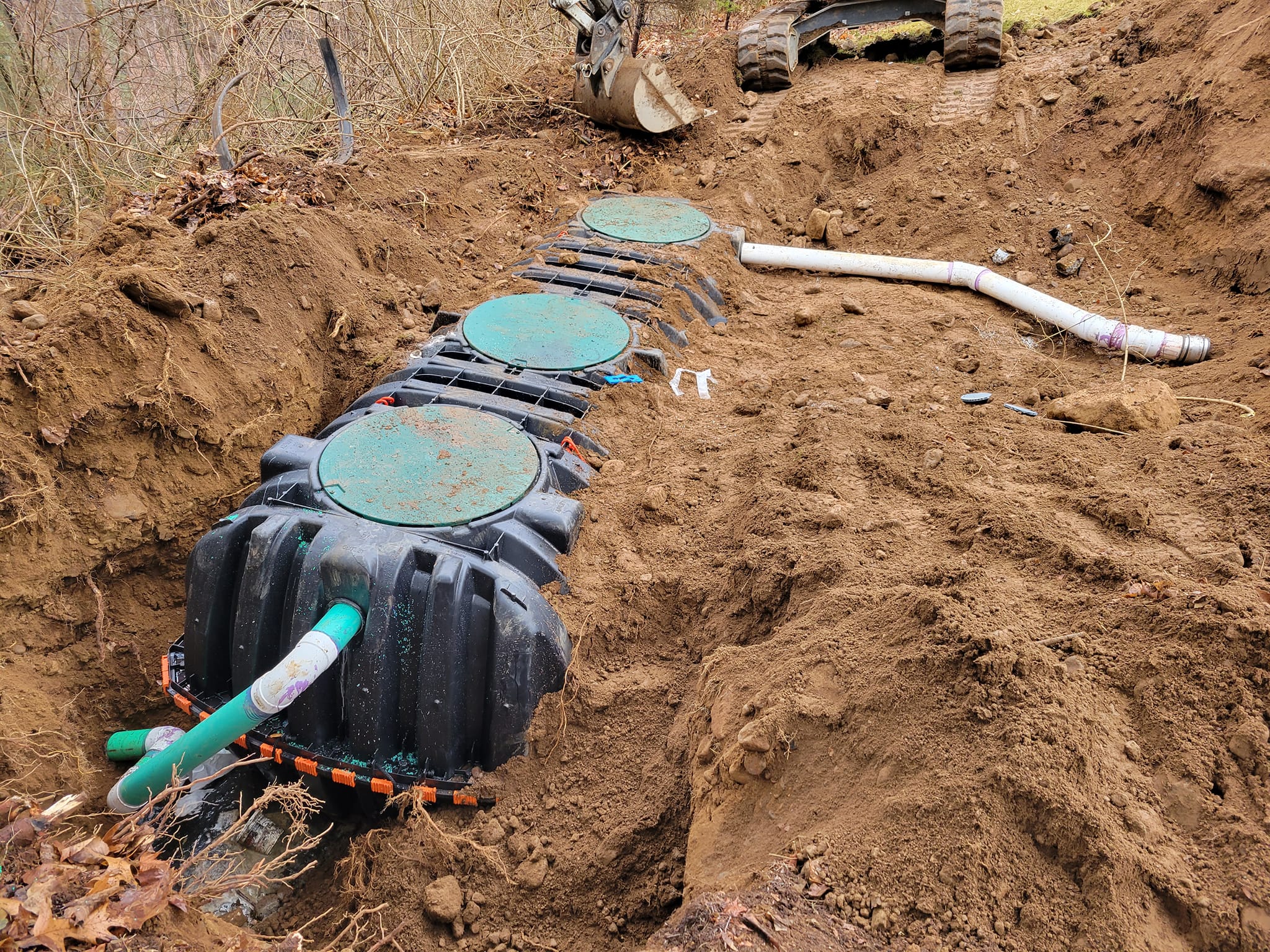
Septic System Safety: Protecting Your Home and Environment Nov 20, 2025
To start, it’s essential to understand how a septic system works. Septic systems consist of a septic tank and a drain field. The tank holds wastewater long enough for solids to settle to the bottom, forming sludge, while oil and grease float to the top as scum. The drain field, also known as the leach field, is a shallow, covered excavation made in unsaturated soil. It is here that the filtered wastewater exits the septic tank and is discharged into the soil, which absorbs and naturally treats it.
One key aspect of septic system safety is regular maintenance. Regularly scheduled inspections and pumping of the septic tank can prevent overflow and system failure. Typically, a septic system should be inspected every three years by professionals and pumped out every three to five years, depending on the usage and size of the household. This routine maintenance can help identify problems early, saving you from costly repairs and harsh environmental impacts.
Additionally, be mindful of what you are putting down your drains. Non-biodegradable items can clog your system, while harsh chemicals can kill beneficial bacteria in the septic tank that help break down waste. Avoid flushing items like sanitary napkins, diapers, and paper towels. Be cautious with household cleaners, paint, and other chemicals that might pass through the septic system.
Water conservation is another crucial element of septic system health. Excess water can overwhelm the system, leading to backups and soil saturation in the drain field. Utilize water-saving fixtures such as low-flow toilets and showerheads. Spread out laundry loads throughout the week instead of doing multiple loads at once. These measures not only keep your septic system functioning properly but also benefit the environment by reducing water usage.
Protecting the area around the septic system is equally important. Do not plant trees or large shrubs near the drain field as roots can cause damage to the pipes. Also, avoid driving or parking vehicles over the septic tank or drain field to prevent soil compaction and potential damage to the system.
In conclusion, a well-maintained septic system is safe, efficient, and environmentally friendly. As a homeowner, taking proactive steps towards regular maintenance, mindful waste disposal, water conservation, and protection of the drain field can help in preserving your septic system. At Nick’s Septic and Excavation, we are always ready to assist you with any septic service needs, ensuring your system operates smoothly and safely. By staying informed and vigilant, you not only safeguard your home but contribute positively to environmental conservation. Remember, a healthy septic system is a happy home and a healthier planet.
/filters:no_upscale()/media/e491f599-15bf-420d-820c-7c0945153d7c.jpeg)
/filters:no_upscale()/filters:format(webp)/media/a4d2e976-c622-4855-a451-35191e78c30d.jpeg)